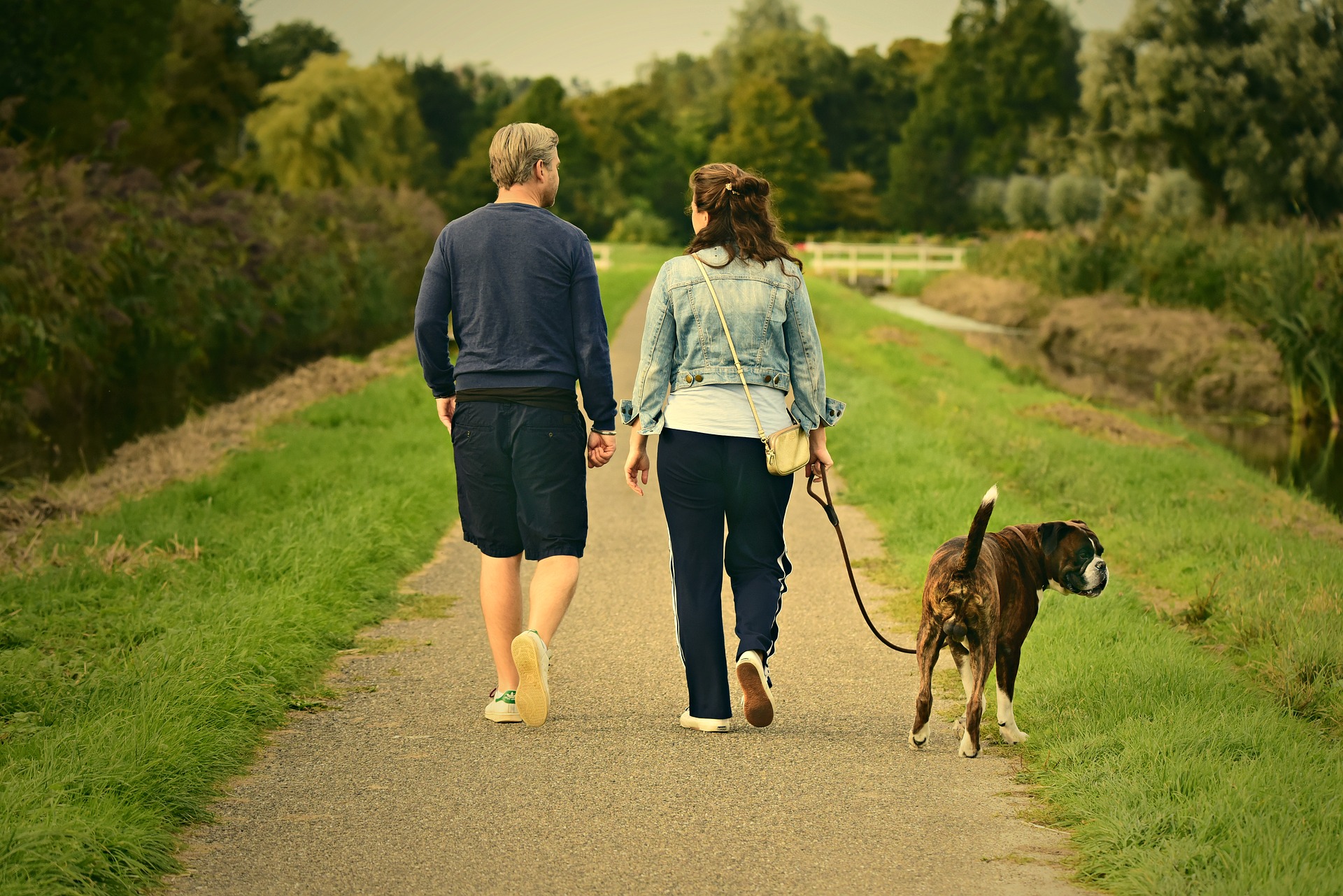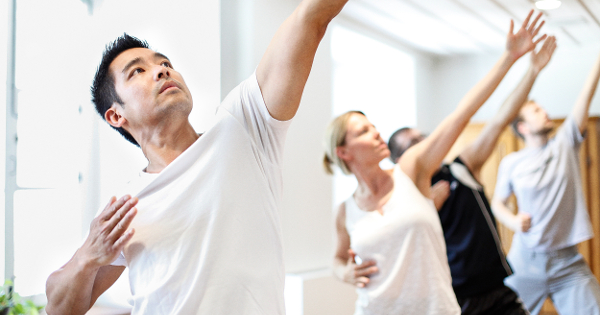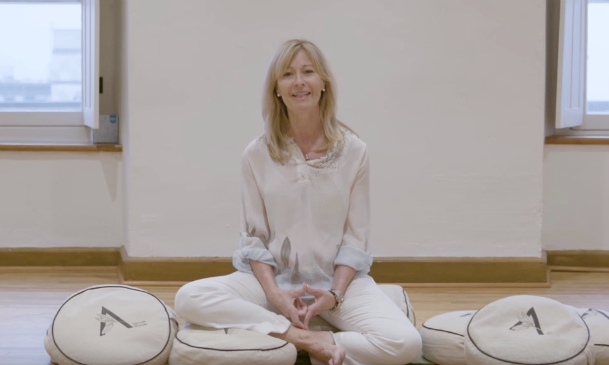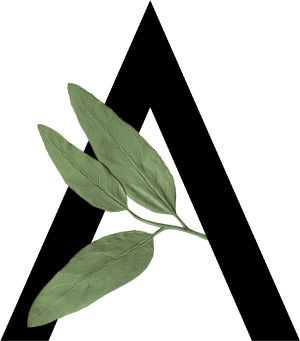What is “mindfulness”?
Sylvie Lemelin has been working with Le Monastère des Augustines since it opened in 2015. She is a clinical ergotherapist and teaches both yoga and the practice of “mindfulness.” In this article, she introduces us to what “mindfulness” consists of.

What does mindfulness entail?
Mindfulness is a state of alertness that we choose to adopt and which, through daily attention-based training, presence and introspection, allows us to develop new ways to feel fully alive and appreciate one’s life despite external circumstances, with a sense of hindsight and serenity. It sounds complex, but in reality it’s simple; you just have to do it!
Unfortunately, we have never really learned how our mind works, and the vast majority of people move through life in a “default” mode or, in other words, “on autopilot.” Automatic reactions are then repeated with little attention to new information from the current context. We therefore experience more emotional suffering, we do not learn effectively and we are not creative enough to find new solutions. As a result, we can be easily influenced, make bad decisions, and are unable to make connections between our behaviours and their effects on ourselves and on others.
Can you provide some examples of its practice?
“Mindfulness” is characterized by a flexible, open and curious process of what is happening in the present moment, in us and around us, and where we pay full attention without judgment. It can be practiced through breathing meditation, body swaying, or through exercises that promote attention and presence in the present moment. For example, eating, walking, or any other daily activity, including our interactions with others. Simply deciding to listen to another person carefully without interrupting or judging is an absolutely transformative exercise.
Whatever the means to cultivate mindfulness, it must be seen as an ongoing process to counteract our automatic mode of behaviour. Once you have experienced it, you will want to continue this way of being for the rest of your life.

How can we integrate mindfulness into our daily lives?
We must first be motivated and resolved to integrate this practice into our lives and we must give ourselves the time and means to make it a habit. It is a training in alertness and non-judgment that maintains good psychic hygiene. It’s like brushing your teeth! From childhood we have been taught this daily discipline, the benefits of which are evident; it’s part of our lives and does not require any effort.
How to begin? Just take the time to slow down or stop and do some conscious breathing. Where? Anywhere! At the wheel, in a line-up, in the elevator, before getting home or even at the office… the opportunities are many. Then, meditate for about 15 minutes to get started. Using pre-recorded audio guides is a good idea. You can also choose an activity and decide to be completely attentive to the information coming from your five senses.
There are many practices related to mindfulness. Participating in mindfulness workshops is a great way to start practicing. There are also many very inspiring books but reading about it is not enough. It is like reading the ingredients of an apple pie—but as long as it is not on your plate, you cannot taste it.

What are the benefits of mindfulness?
This caring and attentive approach to be fully aware of the present enables us to contact our inner resources to learn as well as increase and improve our physical and mental health. Mindfulness develops our psychological flexibility, which allows us to better adapt to the vagaries of life. For the past 10 years, there have been many studies about mindfulness. The results reveal, among other things, an improvement in the symptoms of anxiety and depression. Since I have been teaching these practices, dozens of people have attested to the fact that this practice has positively changed their lives!

